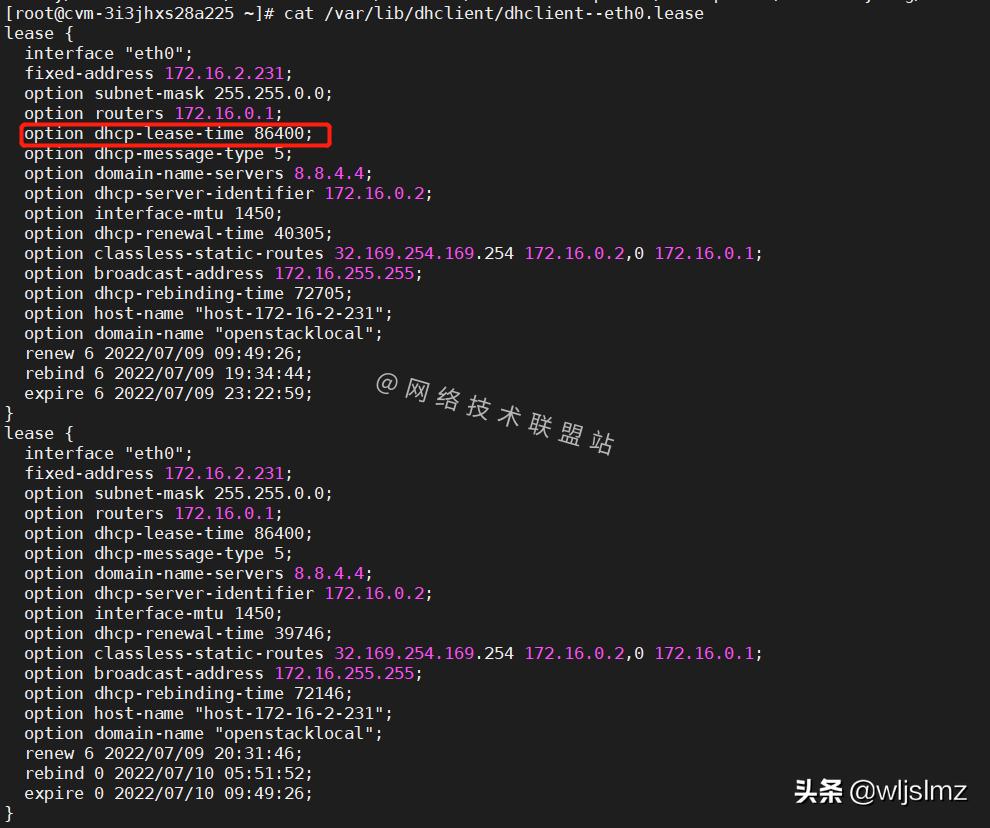"Home Loan Variable or Fixed: Which Option is Right for You?"
#### Understanding Home Loan Variable or FixedWhen it comes to securing a mortgage, one of the most critical decisions you'll face is whether to choose a ho……
#### Understanding Home Loan Variable or Fixed
When it comes to securing a mortgage, one of the most critical decisions you'll face is whether to choose a home loan variable or fixed rate. Each option has its advantages and disadvantages, and understanding these can help you make an informed choice that aligns with your financial goals.
#### What is a Fixed-Rate Home Loan?
A fixed-rate home loan offers a consistent interest rate throughout the life of the loan, usually ranging from 15 to 30 years. This means your monthly payments will remain the same, providing predictability in your budgeting. For many borrowers, this stability is a significant advantage, especially in an unstable economic climate where interest rates may rise.
#### Advantages of Fixed-Rate Home Loans
1. **Stability**: With a fixed rate, you won’t have to worry about fluctuating payments. This predictability can be beneficial for long-term financial planning.
2. **Protection from Interest Rate Increases**: If market rates rise, your fixed rate remains unchanged, potentially saving you money in the long run.
3. **Simplicity**: Fixed-rate loans are straightforward, making it easier to understand your financial obligations.
#### Disadvantages of Fixed-Rate Home Loans

1. **Higher Initial Rates**: Fixed-rate loans often start with higher interest rates compared to variable loans, which can make them more expensive initially.
2. **Less Flexibility**: If interest rates drop, you won’t benefit unless you refinance, which may involve additional costs and paperwork.
#### What is a Variable-Rate Home Loan?
A variable-rate home loan, also known as an adjustable-rate mortgage (ARM), features an interest rate that can fluctuate based on market conditions. Typically, these loans start with a lower interest rate than fixed-rate loans, but the rate can change at specified intervals, which can lead to varying monthly payments.
#### Advantages of Variable-Rate Home Loans
1. **Lower Initial Rates**: Variable loans often have lower starting rates, which can result in lower initial monthly payments.
2. **Potential for Decreased Payments**: If interest rates decrease, your payments may also go down, providing potential savings over time.
3. **Opportunity for Refinancing**: If you secure a variable rate and rates drop significantly, you may find it beneficial to refinance into a fixed-rate loan later.
#### Disadvantages of Variable-Rate Home Loans
1. **Uncertainty**: Monthly payments can vary significantly, making budgeting more challenging.
2. **Risk of Rate Increases**: If market rates rise, your payments can increase, potentially leading to financial strain.
3. **Complexity**: Variable-rate loans can be more complicated due to their terms and conditions, which may confuse some borrowers.
#### Choosing Between Home Loan Variable or Fixed
Deciding whether a home loan variable or fixed is right for you depends on various factors, including your financial situation, risk tolerance, and market conditions. Here are some considerations to help you make your choice:
- **Financial Stability**: If you prefer predictable monthly payments and plan to stay in your home long-term, a fixed-rate loan may be the better option.
- **Market Conditions**: If interest rates are low and expected to rise, a fixed-rate loan can protect you from future increases. Conversely, if rates are high and expected to drop, a variable-rate loan could save you money.
- **Personal Preference**: Consider your comfort level with financial risk. If you can handle potential fluctuations in your budget, a variable-rate loan might be suitable.
#### Conclusion
Ultimately, the choice between a home loan variable or fixed comes down to your unique financial situation and goals. By carefully weighing the pros and cons of each option, you can make a more informed decision that aligns with your long-term financial strategy. Always consider consulting with a financial advisor to help navigate this important decision.